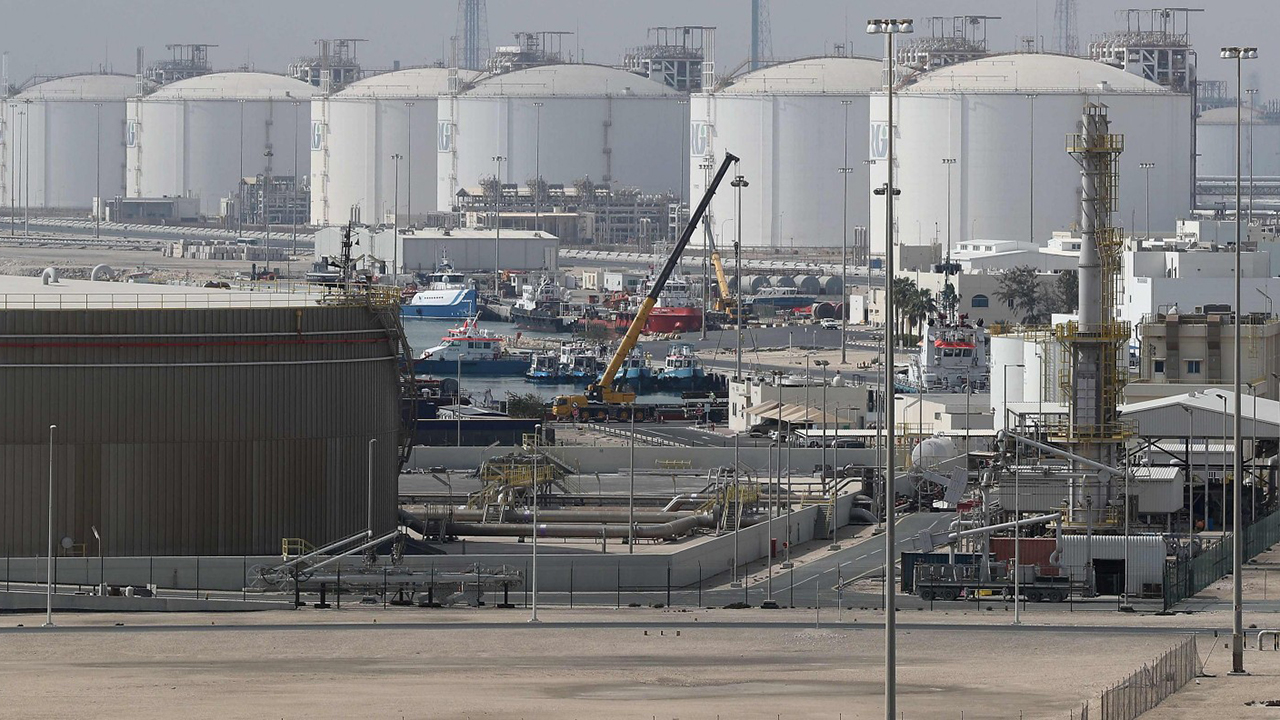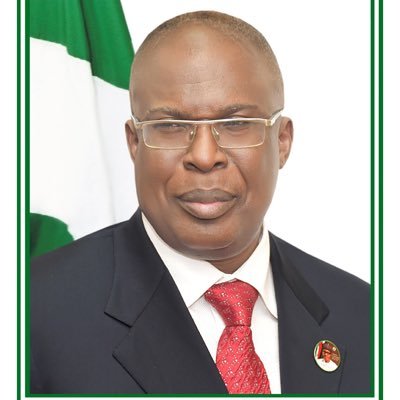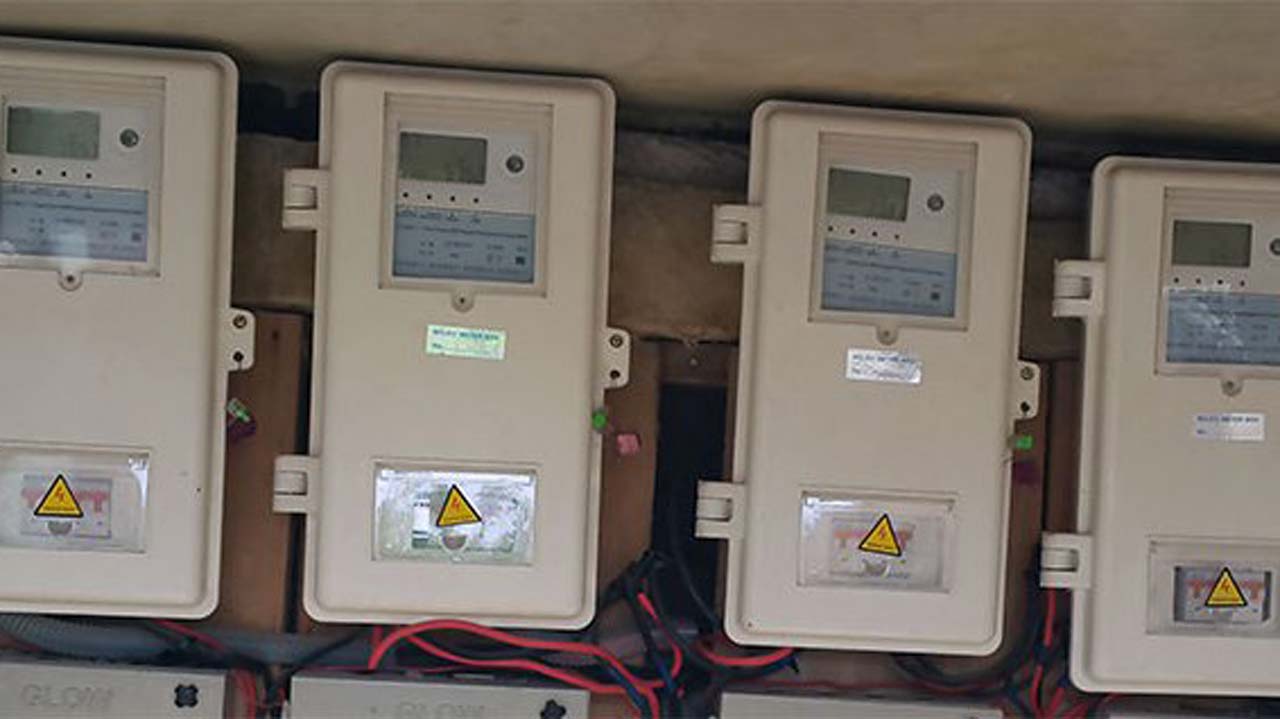New report published by the Nigeria LPGas Association (NLPGA), has revealed that over 90 per cent of Nigerian homes do not have Liquefied Petroleum Gas (LPG) cylinders, meaning that majority of Nigerians still cook with ozone depleting practices.
Experts consider using dirty cooking fuels like kerosene, wood, among others as key causes of several health hazard and conditions at homes in Nigeria in the 21st century.
The report revealed also that out of the 30 million homes in Nigeria, only three million LPG (cooking gas) cylinders which translates to about 10 per cent gas usage penetration leaving the remaining 90 per cent with dirty cooking facilities.
According to the report, there is strong need for usage advocacy amongst Nigerians for them to come to the knowledge that using gas remains the safest and even cheapest when compared to other readily available dirty fuels.
NLPGA said in the report that dirty cooking practices are capable of sustaining the high death rate in the country linked to dirty fuel usage.
However, as a way out, the association stressed the need for an intervention by government and other stakeholders to raise awareness via advocacy, promotions and access to drive the influx of additional LPG Skid gas stations.
Though the level of poverty that is currently ravaging the country, according to the association is enormous, a lot can be achieved with grassroots’ campaigns on why gas usage is far better than all other dirty cooking practices.
In his submission, President of the association, Nuhu Yakubu, revealed that even though the LPG industry in Nigeria had grown by over 1,000 per cent between 2007 and 2017, the level of adoption was still low given the huge number of home that lacked the basic entry requirement for usage.
He said the exponential growth seen in Nigeria LPG-wise had been anchored on private capital and sponsorship, which are not sufficient to give the adoption the required penetration given the country’s population.
Giving example with regional experiences, Yakubu said “Development of LPG in some neighboring African countries, he said in Ghana, about 70 per cent of cars run on LPG, which is a strong bashing for Nigeria, which is still struggling to cook its food leveraging LPG”.
“LPG is the most diversified gas in the world, and Nigeria has enormous reserves of the commodity coupled with the high level of production. We should be the ones driving this innovation, but the reverse is the case.
“Currently in Nigeria, the LPG consumption rate per capita is three kilogramme, which is far below when compared to 12-30kg per capital for industrial set-ups.
“There should be deliberate actions by government, policy-wise, to trigger growth because LPG infrastructure is expensive, characterised by high cost of entry for consumers (homes). This is the chief reason why it is not getting to the hinterlands.”
Yakubu decried that “If not for the worsening exchange rate of the naira to the dollar, the normal 12.5kg gas should be selling for less than N1,000 now; the same quantum was sold for N3,000 10 years ago.
“Despite the multiple devaluation of the naira, LPG cost for the normal 12.5kg-size is still less than N4,000,” the Nigeria LPGas Association (NLPGA) president averred.









